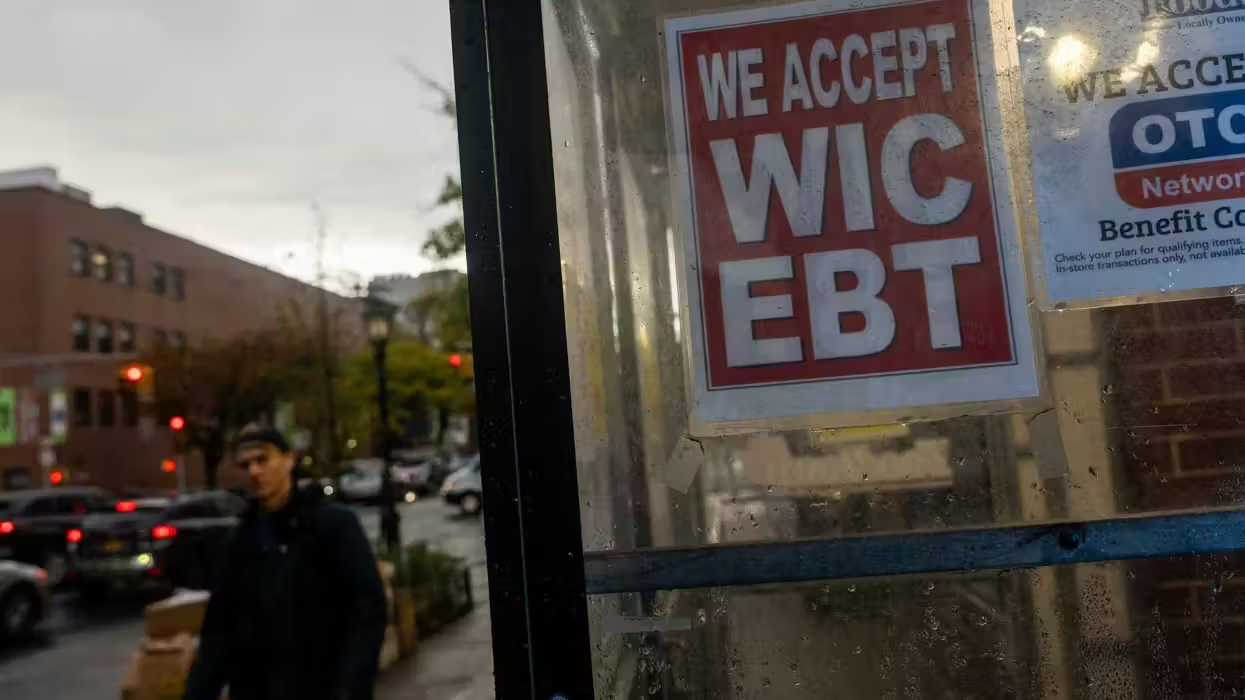When you say, "I do," are you really planning on, "Until death do you part"?
If so, you might want to study the following four indicators of a lasting marriage.
"Data tinkerer" Randal Olson, a computer science Ph.D. candidate at Michigan State University, already produced a practical guide to how your wedding day can correlate with the longevity of your marriage, and on Thursday, he published a list of four basic things that indicate a stronger marriage.
Pulling data from an Emory University study on marriage, Olson determined that solid fundamentals are linked with a lower chance of a couple winding up in divorce court.
You and your spouse could have a better shot at lifelong marriage by...
1. Having kids.
Couples that have a baby in wedlock can be up to 76 percent less likely to divorce than childless couples, Olson reported.
But even a pre-wedding baby can help a couple last.
"What’s particularly interesting, though, is that even having children out of wedlock still reduces your long-term chances of divorce," Olson wrote. "It seems that shotgun weddings are more stable than we would expect them to be!"
2. Being the same age.
"Perhaps unsurprisingly, the larger the age gap between you and your partner, the more likely your marriage will end in divorce," Olson wrote. "Only being 1-5 years away from your partner is nothing to worry about, but if you’re old enough to be your partner’s parent, then your marriage might be in trouble."
3. Having the same education level.
It stands to reason: People who have less in common can develop strained relationships.
Couples with a difference in education levels between spouses are 43 percent more likely to divorce than couples that have the same educational attainment, Olson reported.
4. Hanging around.
Time heals all wounds?
Couples who make it through a decade of marriage are nearly half as likely to divorce in their lifetimes as those couples who are just starting out, Olson found.
Olson didn't address the issue of the "seven year itch," but the data he used showed a general steady decline in divorce likelihood: the longer you stay together, the better odds you'll be together forever.
—
Follow Zach Noble (@thezachnoble) on Twitter







